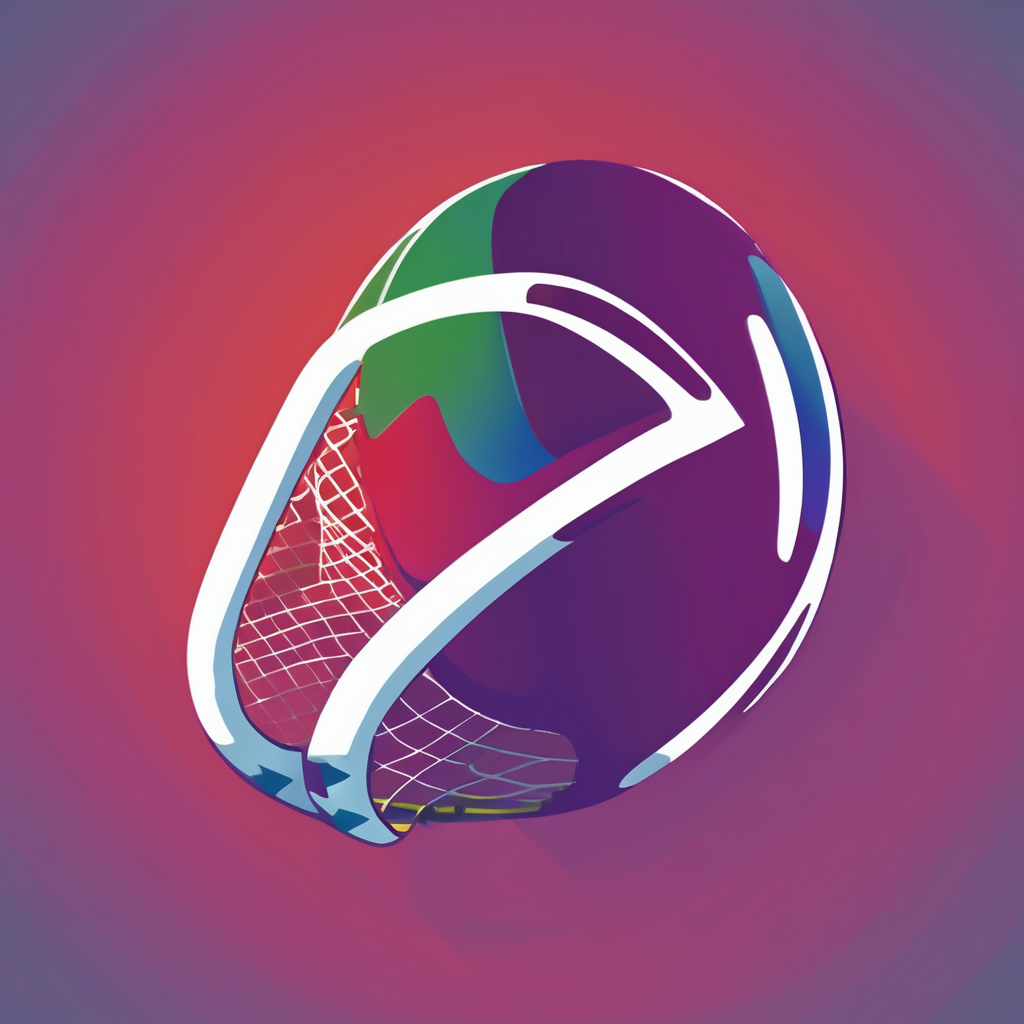Key challenges faced by female athletes in UK alternative sports
Female athletes in UK alternative sports often face significant challenges for participation and progression. One major obstacle is persistent gender bias and discrimination, which affects not only the visibility of women’s alternative sports but also their recognition within the wider sporting community. This bias can discourage young women from engaging in these sports, limiting talent development.
Another critical challenge is the insufficient funding and sponsorship opportunities available to women’s teams. Compared to their male counterparts, female athletes struggle to secure the financial support necessary for high-quality competitions, travel, and professional coaching. This disparity directly impacts the level of performance and career sustainability for many women in alternative sports.
Have you seen this : What role does social media play in the promotion of niche sports in the UK?
Access is also a substantial issue. Female athletes frequently face limited access to training facilities and resources, with priority often given to male teams. This creates a resource gap that hinders consistent practice and skill refinement. For example, shared facility schedules might disadvantage female athletes, reducing training hours and affecting competitive readiness.
Tackling these obstacles in women’s alternative sports requires targeted initiatives to promote equity, increase sponsorship, and improve facility availability for female athletes across the UK alternative sports spectrum.
Also read : How can non-traditional sports gain more visibility in the UK?
Influence of media coverage and public perception
Understanding how media shapes views on female athletes
The media representation of female athletes remains strikingly limited across both mainstream and alternative sports media in the UK. Despite the rise of dynamic disciplines like skateboarding, BMX, and roller derby, these sports receive far less airtime and column space compared to male counterparts. This underrepresentation directly affects public attitudes, shaping skewed perceptions of women’s sporting capabilities and relevance.
Stereotypes persist, often depicting female athletes in traditional or superficial roles rather than highlighting their skill and competitiveness. Such portrayals reinforce outdated notions, hindering progress toward equality in sports coverage. For instance, while skateboarding and BMX have boomed in popularity, UK sports media frequently overlooks female participants, limiting visibility and sponsorship opportunities.
In roller derby, where women play a leading role, media coverage is somewhat better but still struggles against entrenched biases and limited audience awareness. Raising awareness by actively promoting these sports through diverse media platforms can reshape public perception, allowing female athletes to gain deserved recognition.
Addressing media bias is essential to fostering a more inclusive environment, and improving representation can positively shift both public attitudes and participation rates in these emerging sports.
Support structures and advocacy in the UK
UK-based women’s sports organizations UK play a vital role in advancing athlete support for female athletes, particularly in alternative sports. These organizations focus on creating inclusive environments that address unique challenges faced by women in less traditional athletic disciplines. Through targeted programs and resources, they enhance visibility and opportunities, empowering female athletes to excel.
Community initiatives and grassroots movements significantly bolster this support framework. Local clubs and volunteer groups focus on outreach, fostering participation, and nurturing talent at early stages. Such efforts ensure accessibility and sustained interest while building a foundation for lifelong engagement in sports.
Mentorship and peer networks contribute substantially to advocacy for female athletes by providing guidance, motivation, and shared experiences. These networks help navigate barriers such as funding disparities and limited media coverage, creating a supportive atmosphere that champions development and recognition. By fostering connections among athletes, coaches, and advocates, these peer groups drive positive change and combat systemic issues in women’s sports.
Collectively, these athlete support systems demonstrate the importance of coordinated advocacy and community involvement in promoting equality and growth within the UK’s alternative sports scene.
Recent developments, research, and ongoing challenges
Exploring progress and hurdles in women’s participation in alternative sports in the UK
Recent research on women in sports UK highlights evolving challenges and ongoing disparities influencing female athletes in alternative sports. Studies reveal that while participation rates have increased, issues like underrepresentation in leadership roles and unequal funding persist. For example, current studies emphasize disparities in media coverage and sponsorship opportunities, which impact visibility and career progression for women.
Interviews with UK female athletes corroborate these findings, sharing firsthand experiences of navigating limited support and recognition. Many athletes stress the importance of increased mentorship and community programs to overcome these barriers.
Continued barriers include societal stereotypes and infrastructural shortcomings that restrict access to training and competitions. Despite strides, more work is needed to level the playing field fully.
Looking ahead, the future outlook suggests a growing focus on policy reforms and grassroots initiatives designed explicitly for women. These efforts aim to address both systemic issues and cultural perceptions, making alternative sports more inclusive and sustainable.
Understanding the nuances uncovered by this research on women in sports UK is essential for shaping effective interventions and fostering an environment where female athletes can thrive.

